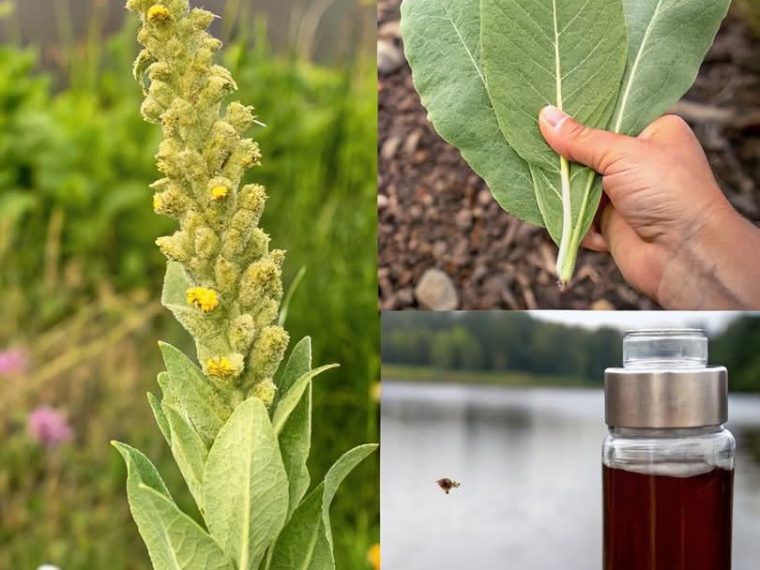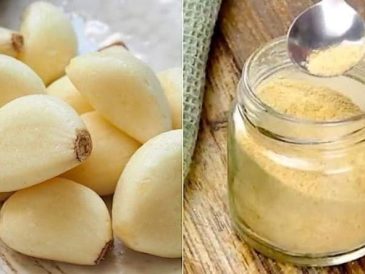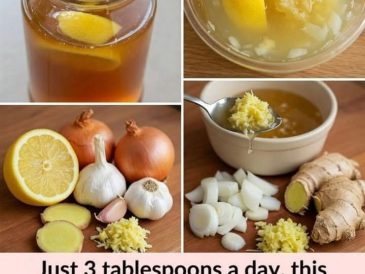The Fuzzy Plant with Ancient Powers Hidden in Plain Sight
If you’ve ever taken a walk along a countryside path, a forgotten roadside, or even an abandoned field, chances are you’ve passed by a tall, fuzzy-leaved plant with yellow flowers without thinking twice. But what if we told you that this “weed” is actually a centuries-old healing herb—used by ancient civilizations for everything from lung health to pain relief?
Meet mullein — nature’s forgotten remedy.
Used in traditional herbal medicine for thousands of years, mullein has been called:
- The lung herb
- A natural anti-inflammatory
- A respiratory system cleanser
- And even a gentle pain reliever
Its soft, velvety leaves are loaded with powerful antioxidants, saponins, and mucilage—compounds that help soothe irritated tissues, support the immune system, and promote healthy breathing.
👃 Got a chronic cough, chest congestion, or allergies? Mullein tea or tincture is a go-to for herbalists treating:
- Bronchitis
- Asthma
- Colds and flu
- Dry or persistent coughs
Yet… most people walk right past this healing plant without knowing what it is.
In Part 2, we’ll show you how to identify mullein, how to use it safely, and why more people are swapping out synthetic meds for this wild, free-growing remedy.
🔖 Save this post — you’ll want to remember this one come cold season.
This Powerful Plant Might Be Growing Right Outside Your Door
Now that you know about mullein’s healing power (see Part 1 if you missed it), let’s talk about how to recognize and use it.
🌱 How to Identify Mullein
- Grows up to 6 feet tall
- Large, soft, fuzzy grey-green leaves
- In its second year, it shoots up a tall stalk with bright yellow flowers
- Often found on roadsides, in meadows, vacant lots, or disturbed soils
🍵 How to Use It
- Mullein tea: Steep dried leaves or flowers to ease cough, soothe throat, and calm inflamed lungs
- Mullein oil: Infuse flowers in oil to help with ear infections and skin irritations
- Tincture: Concentrated extract used for respiratory infections
- Steam inhalation: Clears sinuses and soothes bronchial tubes
⚠️ Important: Always strain mullein tea to remove tiny hairs that may irritate the throat, and avoid if you’re pregnant without medical advice.
✨ Herbalists love mullein because it’s gentle, effective, and easy to harvest for free—no chemicals, no side effects, just pure plant medicine from nature.
👏 And the best part? It’s everywhere. Once you know what to look for, you’ll spot it on every hike, every roadside, and maybe even your own backyard.
📌 Share this post to help others rediscover the healing power of plants. And follow for more forgotten herbal wisdom growing right under our feet.





